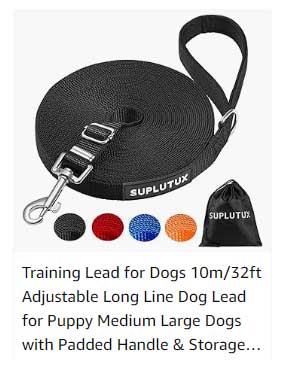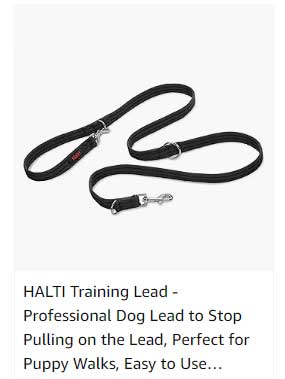When your dog pulls on the leash, it can transform a leisurely walk into a tug-of-war.
This is a common issue often compounded by several factors. The most prevalent factor is excitement.
LEASH PULLING
Dogs are naturally curious and have an innate desire to explore their surroundings, which can lead to persistent pulling on the lead.
Their eagerness to discover new scents, sights, and sounds can be overwhelming, causing them to tug relentlessly at the end of their leash.
Additionally, distractions play a significant role in leash pulling.
DISTRACTION
Dogs have a keen sense of smell and hearing. Consequently, they can be easily distracted by the bustle of the outdoors – from rustling leaves to distant barks.
These distractions may incite your dog to pull on their leash as they try to reach or escape from the source of the noise or scent.
FINDING A MATE
As dogs mature, their reasons for pulling on their leash can evolve.
Particularly during the mating season, dogs that have not been neutered may attempt to pull on their leads or even escape from homes and gardens in search for a potential mate.
This behavior is driven by their instinct to reproduce and can lead to consistent tugging on the leash.
UNDERSTANDING WHY
Addressing leash pulling involves understanding your dog’s behavior and using appropriate training methods.
For instance, to manage your dog’s excitement, it’s advisable to provide ample exercise before your walk.
A tired dog is less likely to pull on their leash due to depleted energy levels.
TRAINING
Next, to counteract the effects of distractions, you can try training your dog to focus on you during your walks.
This can be achieved through the use of treats or toys to catch your dog’s attention, rewarding them for keeping their attention on you and not pulling on the lead.
When dealing with dogs that pull due to mating instincts, the most effective solution is to have them neutered, (but this isn’t for everyone).
Neutering not only eliminates the urges that drive your dog to escape in search of a mate but also offers health benefits such as preventing certain types of cancer and infections.
ANXIETY PULLING
If you notice your dog is pulling more as you are almost home this is possibly down to anxiety, both positive and negative. Excitement could be another factor.
In anxiety the walk has been so overwhelming that once your dog knows that he/she is nearly home they pull hard.
The need to get back to the den, comfort and unwind increases the intensity of the pulling on the leash.
IN CONCLUSION
Leash pulling is a common issue facing many dog owners.
However, by understanding the reasons behind this behavior and implementing effective training methods, you can transform your daily walk from a struggle into an enjoyable activity for both you and your dog.












